Kebangkitan film Indonesia: peluang dan tantangan
Dec 24, 2024
Musim liburan telah tiba, dan bagi banyak orang Indonesia, menonton film adalah pilihan utama
Indonesian consumers on Jakarta’s pollution
Cimigo market research releases a study of Indonesian consumers on Jakarta’s air pollution and ganjil genap expansion.
Indonesian consumers in Greater Jakarta caste a spotlight on Jakarta’s air pollution. As one of the most densely populated megapolitan areas in Southeast Asia, the city seeks to cope with explosive population and economic growth. Jakarta’s air pollution comes from a “perfect storm” of extremely heavy traffic in the city, lax emission controls for vehicles and seasonal contribution of smog from forest fires in other parts of Indonesia. Residents and local media have raised alarms on Jakarta’s air pollution that has affected health and quality of life.
The local government (Pemprov DKI) has proposed some solutions in response. The “ganjil genap” (odd-even) road system, which has been in effect for a few years now, seeks to alleviate traffic by “halving” the number of personal cars on the road during peak hours and to encourage car users to switch to public transportation. The “ganjil genap” system restricts personal vehicle access to some main roads in Jakarta during peak hours based on their license plate number – those with registration plates ending in an odd digit (“ganjil”) are allowed to use the roads on odd-numbered dates in the calendar, and likewise for even (“genap”) numbers. A high profile expansion of the “ganjil genap” system which increases the number of mains roads under this policy was implemented by Pemprov DKI, with the aim of tacking Jakarta’s air pollution.
Cimigo spoke to 300 Indonesian consumers in Greater Jakarta in August-September 2019, focusing on those who commute in and around the city, to listen to their view on Jakarta’s air pollution and what they think about Pemprov DKI’s policy of “ganjil genap” expansion.
Awareness, concern and action around environmental issues
When asked about the issue of global warming and climate change, Indonesian consumers show a basic grasp of the issue. Half understand that it is the effect of human activities, but most were only able to say that it is related to extreme weather and an increase in the earth’s temperature.

Whilst knowledge around global warming and climate change is relatively low, all agree that it has a negative impact on the climate, ecosystem, and quality of human life. Some recognize the sense of “crisis” which casts doubt about their future.
An encouraging finding is that most Indonesian consumers claim to have done one or two things to help the environment. They start with simple things, like using a reusable bag and cutlery to minimize plastic waste, reducing usage of papers and tissues, and switching to energy-efficient lightbulbs at home. In the future, they plan to do more – reducing water and electricity usage. In an accurate and revealing snapshot of Indonesian consumer behavior, 4 in 5 claim that they will stop littering too!

But we see that more “involved” action like recycling and carrying out vehicle emissions tests see much lower interest. Recycling facilities and education itself is still lacking in Jakarta.
Environmental awareness and activism appears to be in its infancy in Jakarta. Cimigo has repeatedly encountered this lack of real concern for environmental issues in our research with consumers. Most residents only have a very basic understanding of environmental issues, and more education is needed to bring this issue to the top of people’s minds, before it can translate into real action, in particular when it comes to solving Jakarta’s air pollution.
Traffic perceived as a bigger issue than Jakarta’s air pollution
When asked about the top 3 main issues facing Jakarta today, Indonesian consumers universally agree that traffic is the biggest problem that they face every day! In line with the focus on air quality in news media outlets and social media discussions during the time, Jakarta’s air pollution was rated as the second biggest problem in Jakarta, followed by floods and waste management. As we have seen previously, it is an accurate reflection of the general sentiment among Indonesian consumers in Greater Jakarta that global warming ranks low among their top concerns in daily life.

A telling statistic worthy of consideration is that Indonesian consumers consider motorcycles and buses as the two biggest contributors or culprits of Jakarta’s air pollution. This is sensible conclusion supported by data that nearly three quarters of vehicles on Jakarta’s roads are motorcycles! (private cars are roughly 20% of vehicles on Jakarta’s roads). Whilst only 2% of vehicles are buses, they do have a notorious reputation of spewing noxious, thick, black emissions! It seems that the newer armada of eco-friendly buses has not totally dispelled this image about buses.
Overall, only 1 in 6 Indonesian consumers feel that private cars are the biggest contributors to Jakarta’s air pollution. There seems to be a mismatch with Pemprov DKI’s efforts to minimize Jakarta’s air pollution problem via the “ganjil genap” expansion.
“Ganjil Genap” expansion – mixed feelings amongst Indonesian consumers
Pemprov DKI’s socialization and awareness campaign about the “ganjil genap” expansion saw mixed results. About two-thirds of residents claim to be aware of the “ganjil genap” policy at the time of launch, which is a respectable number – awareness is also much higher among car users, which is the constituent most affected by this policy.
Importantly, 1 in 5 car users claim that they were not aware of the “ganjil genap” expansion! It appears that despite the 1-month long trial period of the “ganjil genap” expansion, not all car users had the opportunity to learn about the “ganjil genap” expansion.

Most Indonesian consumers approve of the “ganjil genap” expansion on the basis that it is expected to improve traffic and reduce air pollution, two of the main aims of the policy. However, this support mainly comes from non-car users, who are likely to be least affected by the “ganjil genap” expansion! Support for “ganjil genap” expansion is not surprisingly much lower among car users.

Asking those who disagree with the “ganjil genap” expansion reveals that the policy inconveniences their daily commute, but also uncovers some reasons why they think that the “ganjil genap” expansion will not be effective. For instance, some feel that the “ganjil genap” expansion is unlikely to reduce traffic as there are ways to get around it (for example, wealthy individuals can simply buy an extra car with different license plate numbers!), and others feel that all the “ganjil genap” expansion does is divert traffic from main roads to smaller alternative roads, which does not ease traffic congestion nor reduce Jakarta’s air pollution!

However, on the surface level it seems that the “ganjil genap” expansion policy is at least effective in “forcing” car users to switch to public transportation. A large majority of car users claim that they will make use of public transport in their commute in response to the “ganjil genap” expansion, which hopefully will deliver the desired policy effect of fewer cars on the roads, reducing Jakarta’s air pollution, and maximization of public transport networks.
Interestingly, planned use of the more convenient motorcycle taxi (“Ojek”) and online taxis is nearly as high as public transit vehicles such as buses and trains. It remains to be seen if the “ganjil genap” expansion will deliver all its promised effects or simply divert traffic and the sources of Jakarta’s air pollution to other channels and vehicles! That half of car users say they will ride-share (commute in a single car with a friend or relative) is an encouraging sign that at least some car users are thinking of ways to minimize private car usage during peak hours.
Small steps towards better environmental awareness and management
This research by Cimigo has shown the current level of care and awareness towards environmental issues, triggered by the focus on Jakarta’s air pollution. While residents are just taking “baby steps” towards a greener lifestyle, we are hopeful that seeds have been planted that may eventually grow into more active concern for the environment.
Pemprov DKI is seen as “doing something” by targeting private car users through the “ganjil genap” expansion. But we also posit that any future policies by Pemprov DKI to really reduce Jakarta’s air pollution or traffic will need to target motorcycles as the number one user of Jakarta’s roads. This is a delicate tightrope considering the sheer number of motorcycle riders and their contributions to Jakarta’s economy and mobility.


Kebangkitan film Indonesia: peluang dan tantangan
Dec 24, 2024
Musim liburan telah tiba, dan bagi banyak orang Indonesia, menonton film adalah pilihan utama
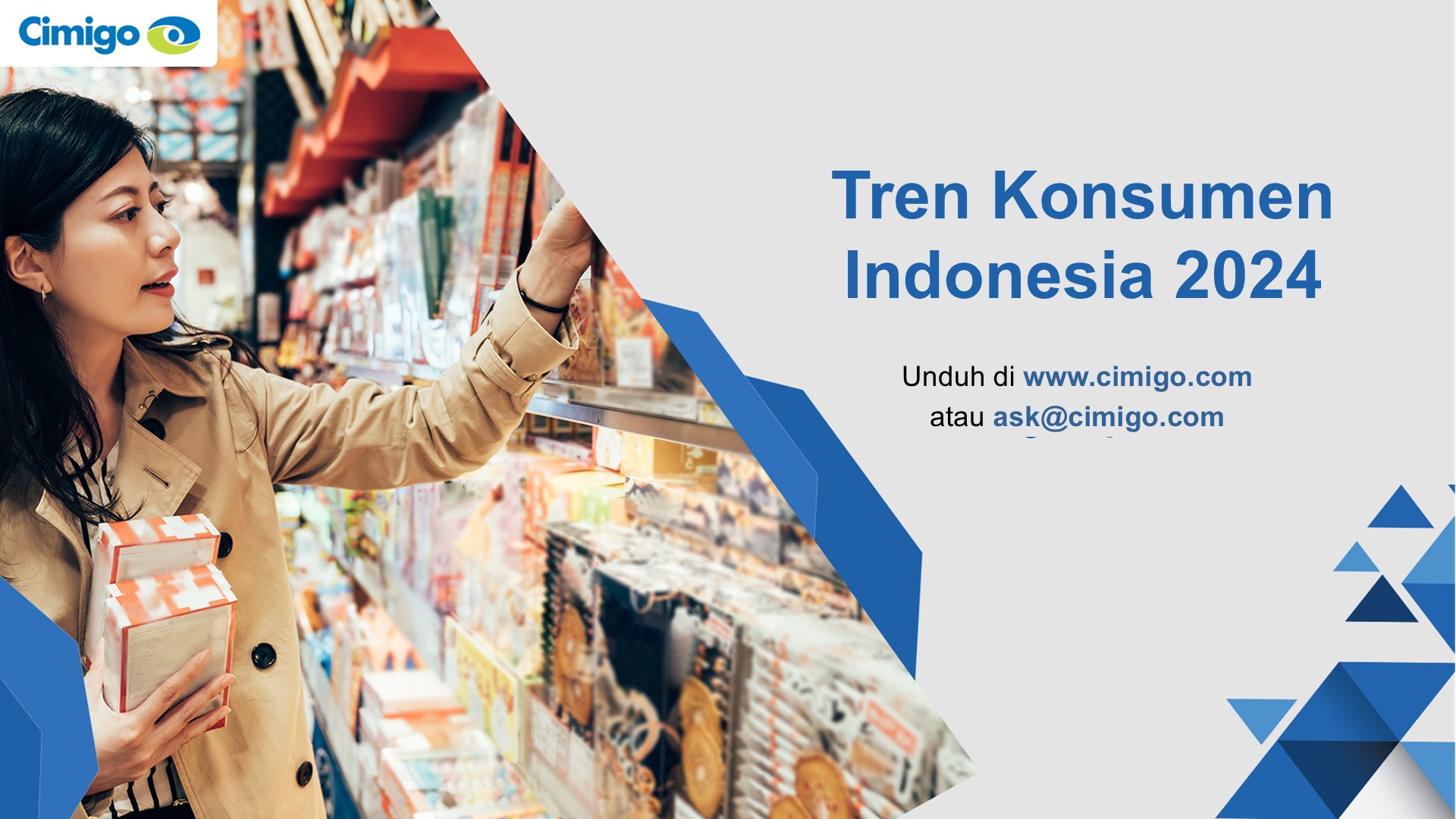
Tren Konsumen Indonesia 2024
Dec 23, 2024
Sebagai ekonomi terbesar di Asia Tenggara, Indonesia berada dalam transformasi luar biasa pada
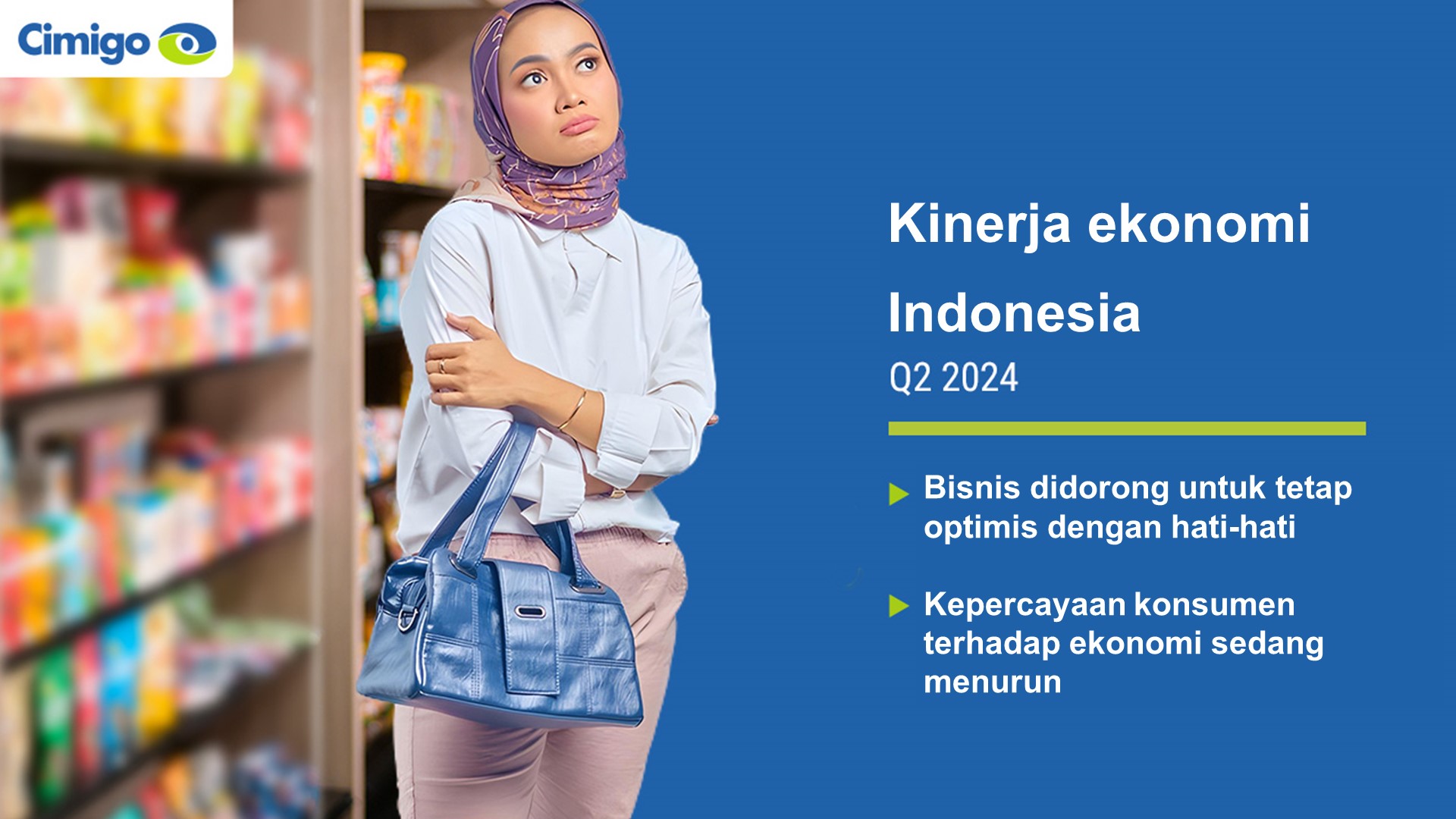
Kinerja Ekonomi Indonesia Q2 2024
Sep 10, 2024
Kinerja Ekonomi Indonesia Q2 2024 Kuartal kedua tahun 2024 menampilkan gambaran yang beragam,

Minh Thu - Consumer Market Insights Manager

Travis Mitchell - Executive Director

Malcolm Farmer - Managing Director

Hy Vu - Head of Research Department

Steve Kretschmer - Executive Director

Joe Nelson - New Zealand Consulate General

York Spencer - Global Marketing Director
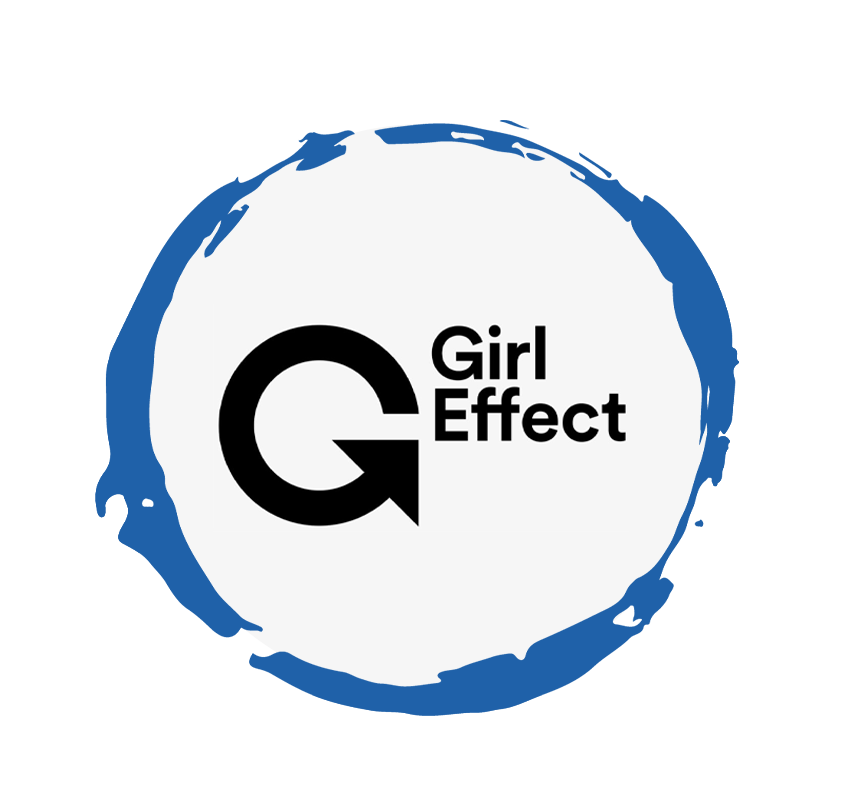
Laura Baines - Programmes Snr Manager

Mai Trang - Brand Manager of Romano

Hanh Dang - Product Marketing Manager

Luan Nguyen - Market Research Team Leader
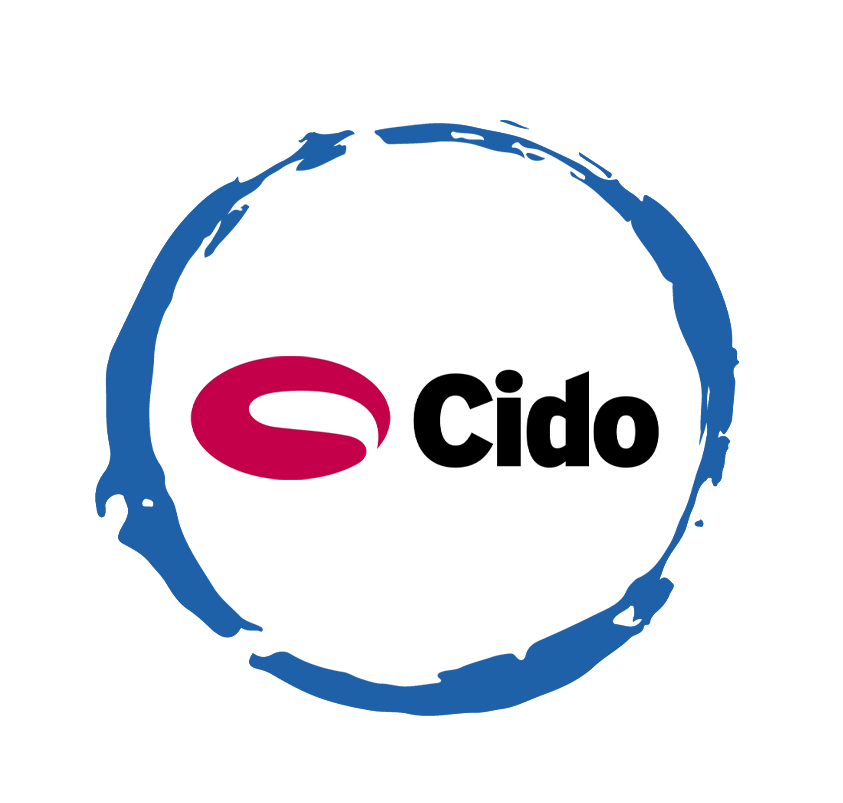
Max Lee - Project Manager

Chris Elkin - Founder

Ronald Reagan - Deputy Group Head After Sales & CS Operation

Ha Dinh - Project Lead

Matt Thwaites - Commercial Director

Joyce - Pricing Manager

Dr. Jean-Marcel Guillon - Chief Executive Officer
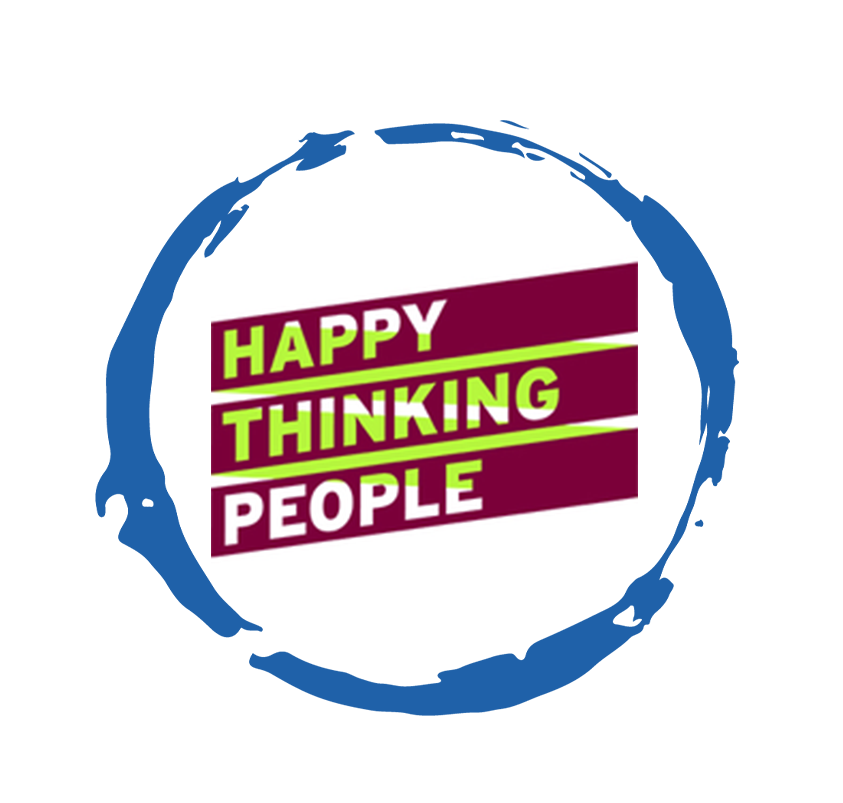
Anya Nipper - Project Coordination Director

Janine Katzberg - Projects Director

Rick Reid - Creative Director

Private English Language Schools - Chief Executive Officer

Chad Ovel - Partner

Thanyachat Auttanukune - Board of Management

Thuy Le - Consumer Insight Manager

Kelly Vo - Founder & Host

Hamish Glendinning - Business Lead

Aashish Kapoor - Head of Marketing

Richard Willis - Director

Thu Phung - CTI Manager

Tania Desela - Senior Product Manager

Dennis Kurnia - Head of Consumer Insights

Aimee Shear - Senior Research Executive

Louise Knox - Consumer Technical Insights
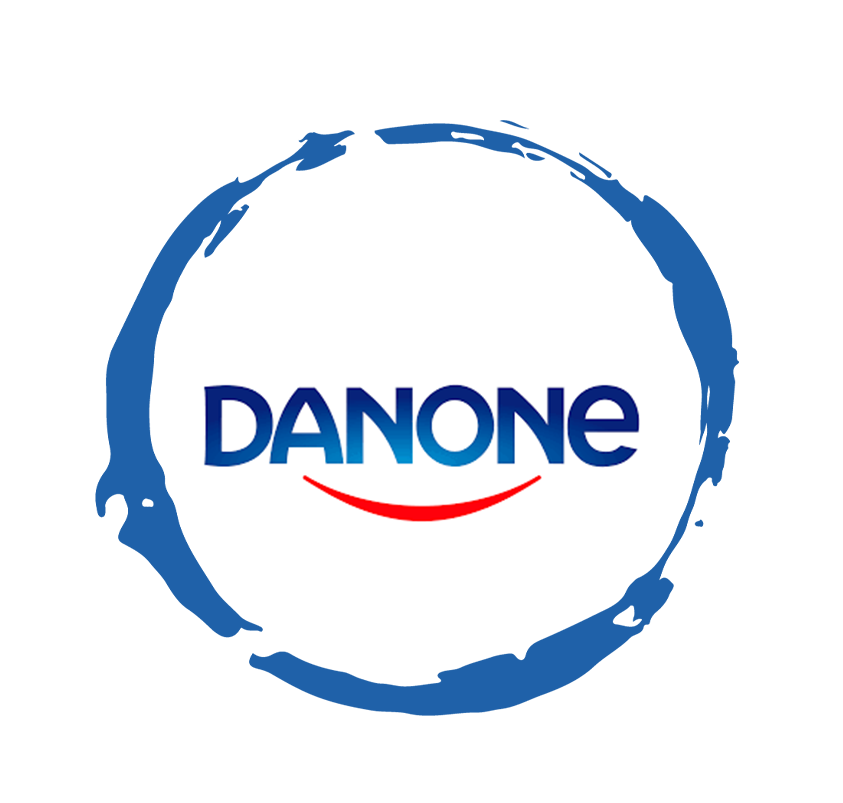
Geert Heestermans - Marketing Director

Linda Yeoh - CMI Manager

Tim market research Cimigo di Indonesia dengan senang hati membantu Anda membuat keputusan yang lebih tepat.

Cimigo menyediakan solusi riset pasar di Indonesia yang akan membantu Anda membuat pilihan yang lebih baik.

Cimigo menyediakan tren pemasaran konsumen Indonesia dan riset pasar pada sektor pasar dan segmen pelanggan di Indonesia.

Cimigo menyediakan laporan riset pasar pada sektor pasar dan segmen pelanggan di Indonesia.
Please enter the information for free download.
The report will be sent to your email.
When downloading our reports, you agree to be contacted for marketing purposes.
Please enter the information for free download.
The report will be sent to your email.
When downloading our reports, you agree to be contacted for marketing purposes.
Vui lòng điền thông tin vào biểu mẫu bên dưới để tải về báo cáo miễn phí.
Báo cáo sẽ được gửi vào email bạn điền ở bên dưới.
Khi tải xuống các báo cáo của chúng tôi, bạn đồng ý được liên hệ cho mục đích tiếp thị.
Xin cảm ơn. Một email kèm với đường dẫn tải báo cáo đã được gửi đến bạn.
